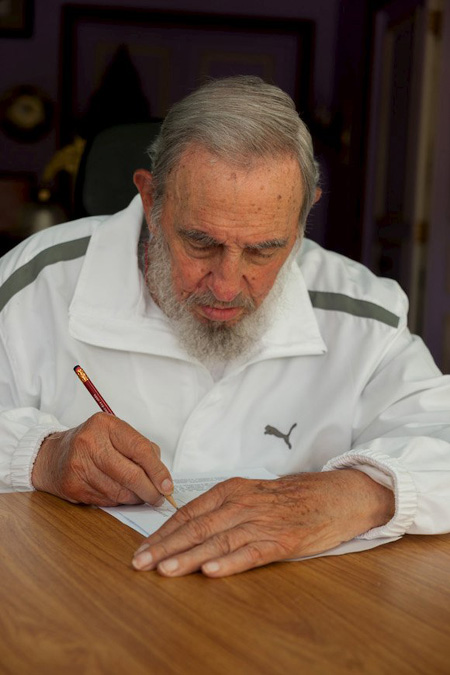Cuba holds local elections before new electoral law takes effect
(Xinhua) Updated: 2015-04-20 11:07
 |
|
Cuba's former president Fidel Castro votes during a municipal election in Havana April 19, 2015. [Photo/Agencies] |
HAVANA - Some 8.5 million Cuban voters went to the polls on Sunday to select more than 12,500 representatives for 168 municipal assemblies.
Some 27,379 candidates are competing nationwide in midterm elections for 12,589 municipal assembly posts.
A second round is scheduled on April 26 in constituencies where no candidate garners more than 50 percent of the vote in the first stage.
The electoral process is carried out in accordance with the existing electoral law, which is to be replaced in a year.
A new electoral law will govern general elections in 2017 that will yield a government that will run the island country as from February 2018, the end of the 10-year deadline set for President Raul Castro to rule in Cuba.
The government has not released further details on the new electoral law, but at least three modifications have been confirmed by the National Electoral Commission.
The changes include extending the maximum number of voters in each polling station from 350 to 700, the creation of special electoral commissions in remote areas, and inclusion of voter signature.






